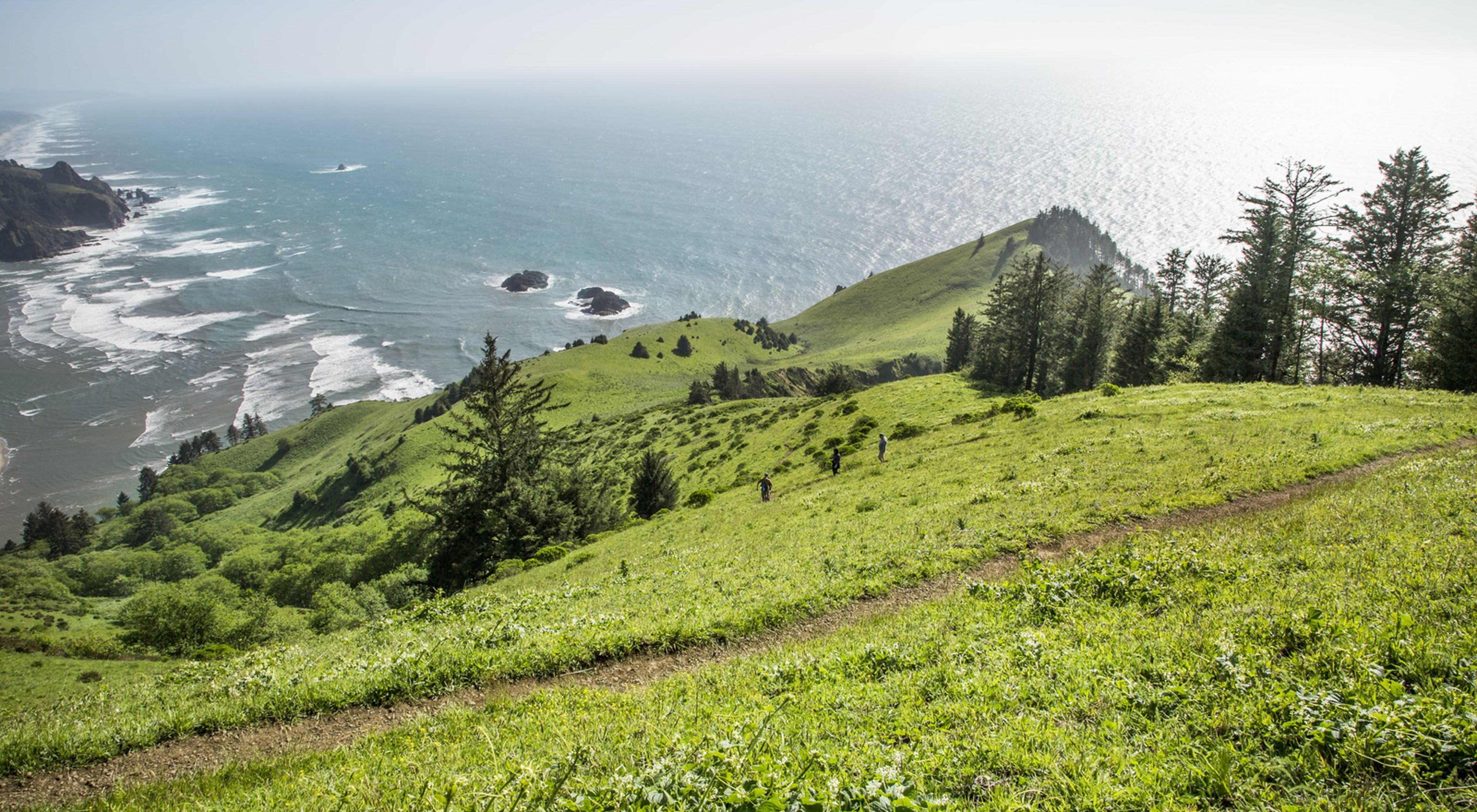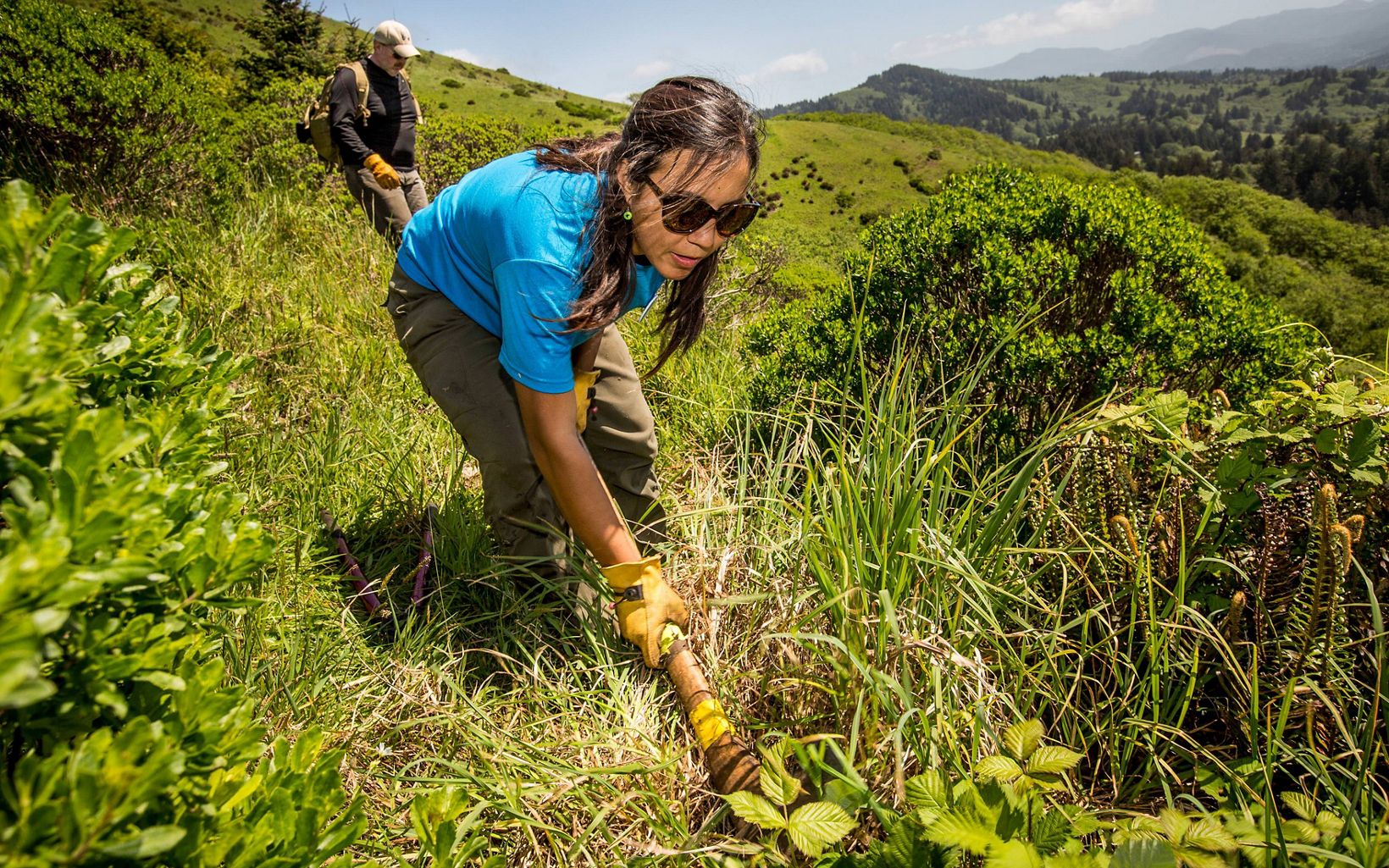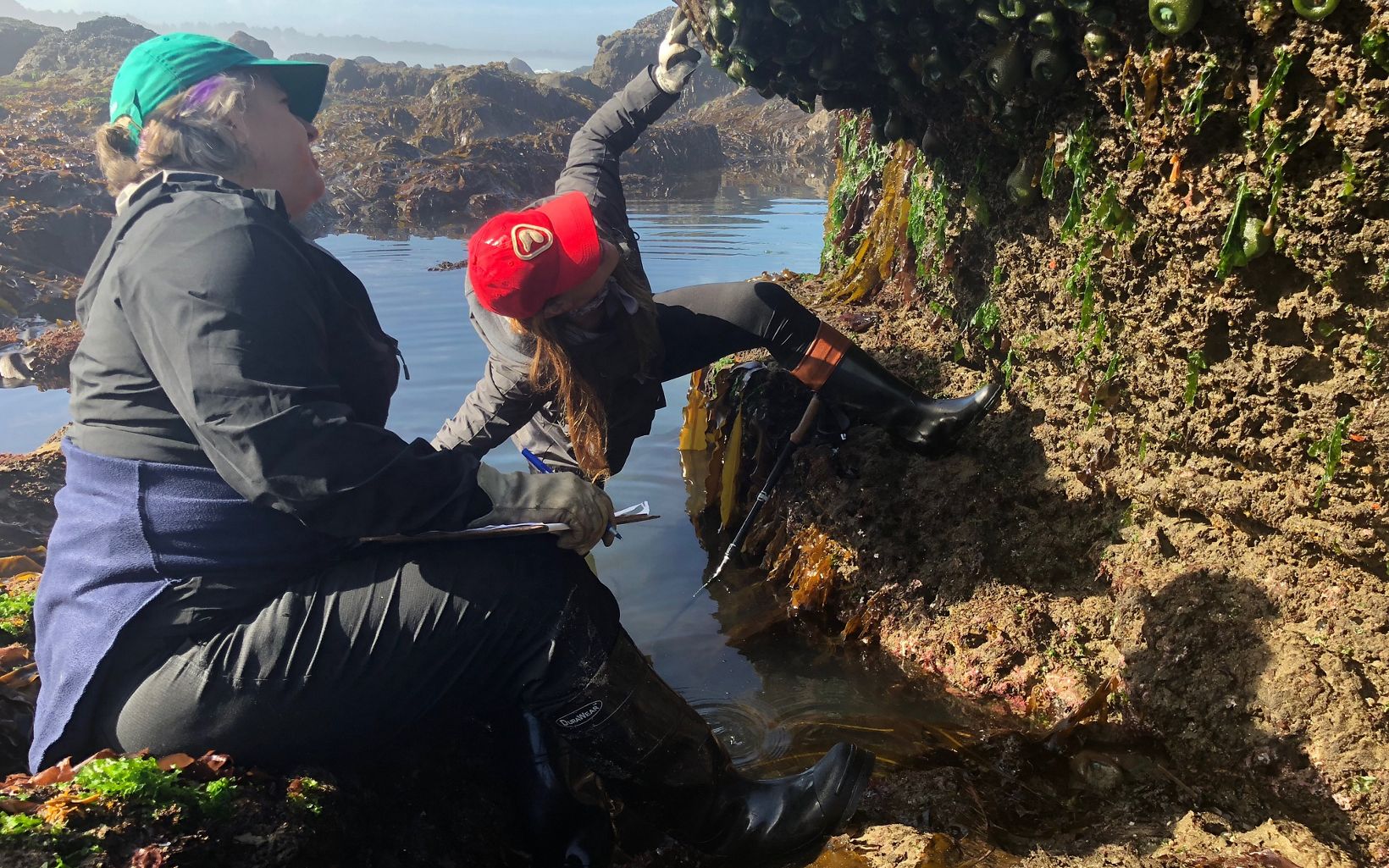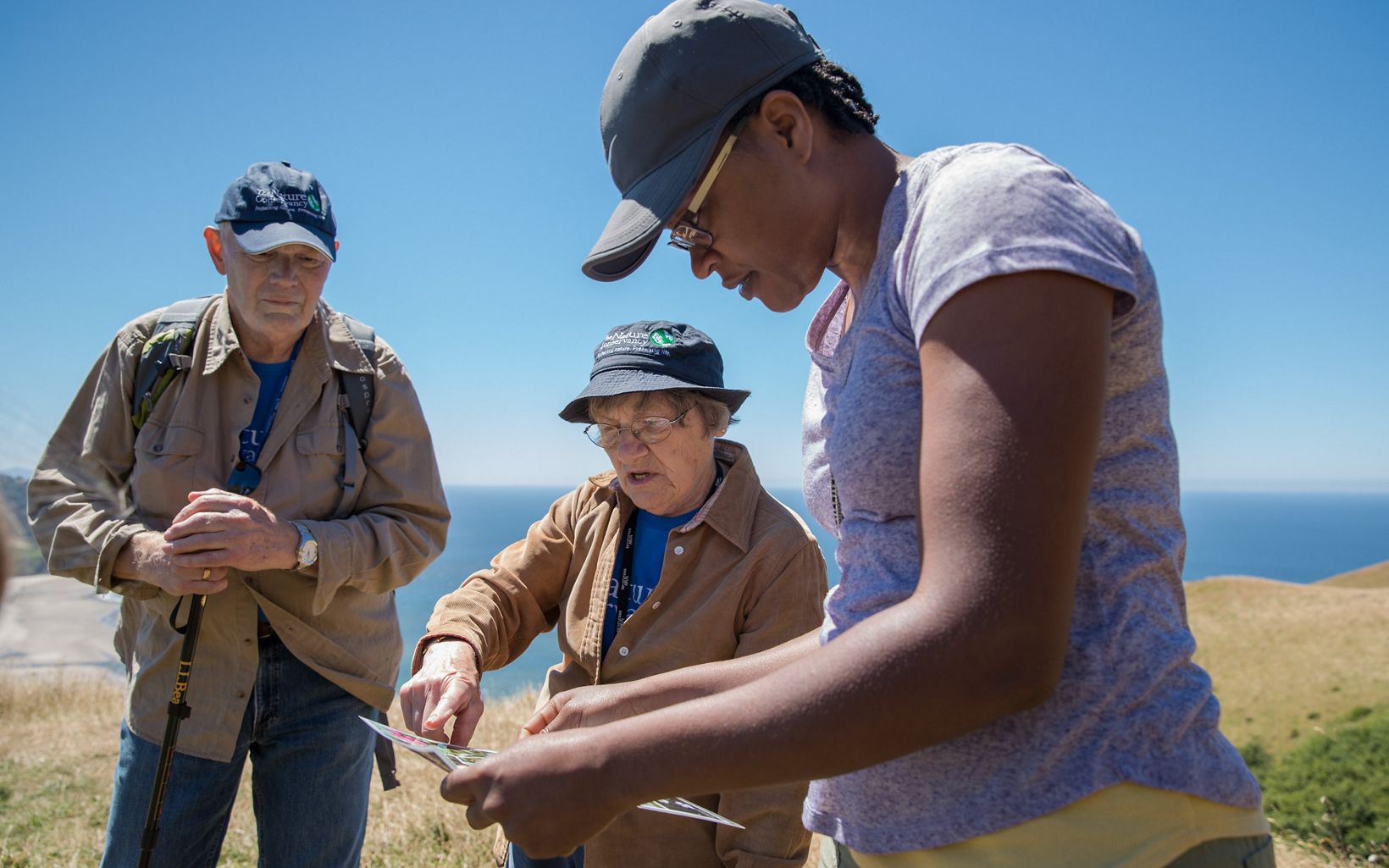Description
Trail Access Update
Cascade Head is open to the public. However, due to a landslide, the road to the Upper Nature Conservancy Trail trailhead is currently closed. The Lower Nature Conservancy Trail, which is accessible from the parking lot at Knight County Park, is open at this time.
The taking off or landing of an unmanned aerial vehicles (UAVs or “drones”) and the presence of pets are prohibited on the preserve.
How TNC Acquired This Site
In the early 1960s, volunteers organized an effort to protect Cascade Head from development. The Nature Conservancy bought it in 1966 from the owner of the Cascade Head Ranch development with funds raised in part by local volunteers and the Mazama’s hiking club. Because of its ecological significance, Cascade Head Preserve and surrounding national forest and other lands have won recognition as a National Scenic Research Area and a United Nations Biosphere Reserve.
What TNC Has Done/Is Doing
Thanks to your support, researchers are testing methods of maintaining and restoring grassland habitat.
Given that grasslands need periodic disturbance and the history of Tribal burning at the site, we are using controlled burning as a management tool to help achieve that goal. Following burns, we spread the seeds of native prairie plants, collected on-site, to help stimulate the growth of native plants over invasive non-native species. With the help of our partners, we plan to continue using fire management as a way to keep trees and shrubs from invading the grassland, as well as providing other benefits such as nutrient cycling, reducing thatch, and stimulating native prairie plants.
TNC ecologists also monitor the populations of rare plants throughout the year. In spring and summer, teams of volunteers remove invasive species such as Himalayan blackberry, help maintain trails, assist with research projects and teach visitors about the preserve. Join our volunteer team today!
Additionally, our scientists are also helping evaluate sites off Oregon's coast to better protect natural resources, including right off Cascade Head. The marine reserves will protect fish as they rear and grow; then the fish disperse into areas where they can be sustainably harvested.



